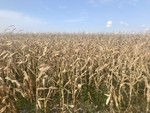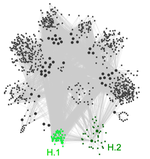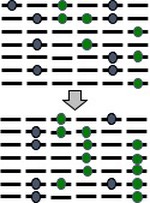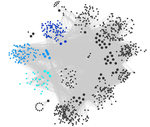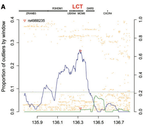Biography
My research focuses on the regulation of plants response to environment at the molecular level. In particular, I am interested in the regulation of gene expression. I study how the networks regulating the expression of genes are rewired in response to environment, and which forces are driving their evolution. During my postdoctoral studies, I was awarded a Marie Skłodowska-Curie Individual Fellowship Marie Skłodowska-Curie Individual Fellowship to assess the role of polygenic adaptation that targets the regulation of gene expression in the evolution of polygenic characters, by using a combination of systems biology and population genetics approaches. I am now working at INRAE in the GQE-Le Moulon laboratory, where I mainly use maize response to abiotic constraints such as water deficit and nitrogen deficit as a model. I recently was awarded a Young Researcher ANR ANR grant to tackle the question of whether better understanding gene regulatory networks rewiring in maize in response to water deficit will help build more accurate yield prediction models.
- Population Genomics
- Polygenic Adaptation
- Epigenomics
- Transcriptomics
- Systems Biology
- Gene Regulatory Networks
- Biostatistics
-
PhD in Population Genomics and Epigenomics, 2015
Institut Pasteur, Paris, France
-
Master in Biosciences, 2011
École normale supérieure de Lyon, Lyon, France
-
Licence (Bachelor) in Fundamental Biology, 2009
École normale supérieure de Lyon, Lyon, France



